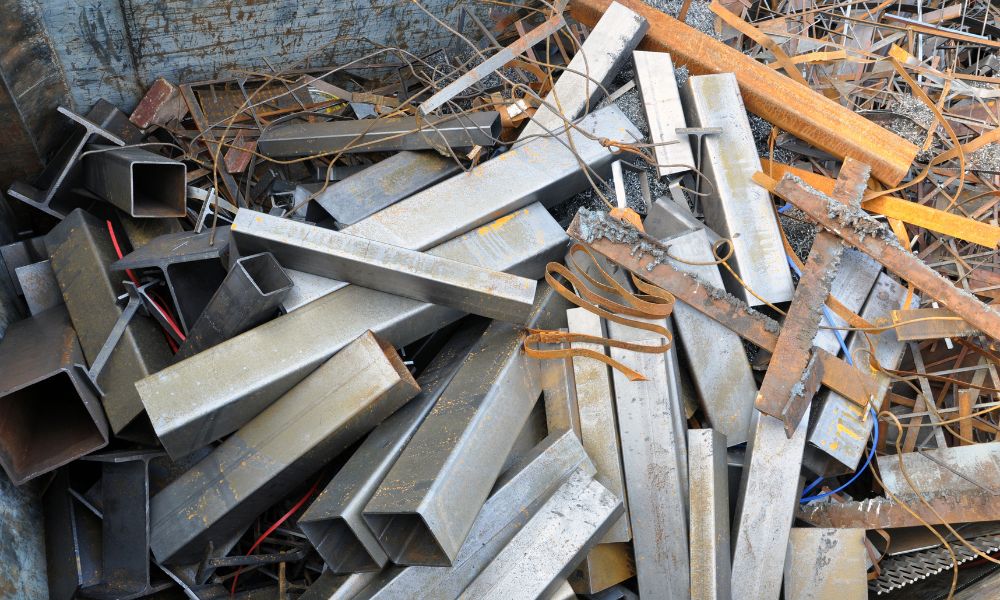Going green is something that many businesses and individuals are trying to do, but it isn’t easy to reduce your carbon footprint. Some common go-to methods, such as recycling, are more complex than they seem. To properly go green, it’s important to do it right, and if you continue reading, you can learn about the common mistakes your business must avoid!
Failing To Find the Right Alternatives
Many businesses will find more green and sustainable alternatives to many things they already have in their efforts to go green. Unfortunately, they only look so far ahead and not at the bigger picture they’re dealing with. For example, to go green, many businesses will offer certain incentives to employees that carpool to work. While this is a great idea, it doesn’t go far enough. The better alternative is to make it easy for these employees to work from home. Doing this means they aren’t commuting, contributing much more to the effort to “go green.”
Other ways businesses try to make things greener is to find recycled or recyclable materials for things around the office, such as:
- Paper
- Eating utensils
- Plates
- Napkins
These options are great and lower your business’s environmental footprint, but they don’t address the root of the issue. You can get these items, but your business should focus more on encouraging employees to bring their own food and utensils that can be washed and not thrown away. Similarly, instead of printing tons of documents, shift your business to being more digital and eliminate the need for paper files. These are great alternatives that are green and have more long-term sustainability.
Not Knowing How To Recycle
Recycling has always been one of the main things you hear about when industries and other businesses talk about going green. It is an important part of going green, but it is more complicated than you might think. To recycle properly, you must follow all the established rules regarding different plastics and metals. For example, some metals are easily recyclable, whereas others require immense cleaning beforehand. Figuring all of this out early is important to ensure your business recycles correctly.
Reduce and Reuse
Outside of recycling, many forget the two other words—reduce and reuse. These often come before recycling, and it’s because they make a greater environmental impact than recycling. Recycling is still important, but your business mustn’t forget about the other parts of the puzzle it can pursue that are even more sustainable. Recycling still requires a lot of energy, and not everything is recyclable. Reducing what you use and figuring out how to reuse other things you have is equally, if not more, important than recycling.
Avoid these common mistakes when your business tries to go green, and you should be successful. Going green won’t happen overnight, and it will take a lot of time and effort to change how your business does things, but every effort is worth it. Going green helps change how employees feel about their jobs, but it also helps the world and creates more opportunities for other people and businesses to prosper.









